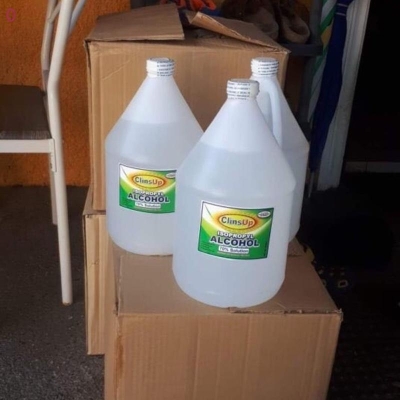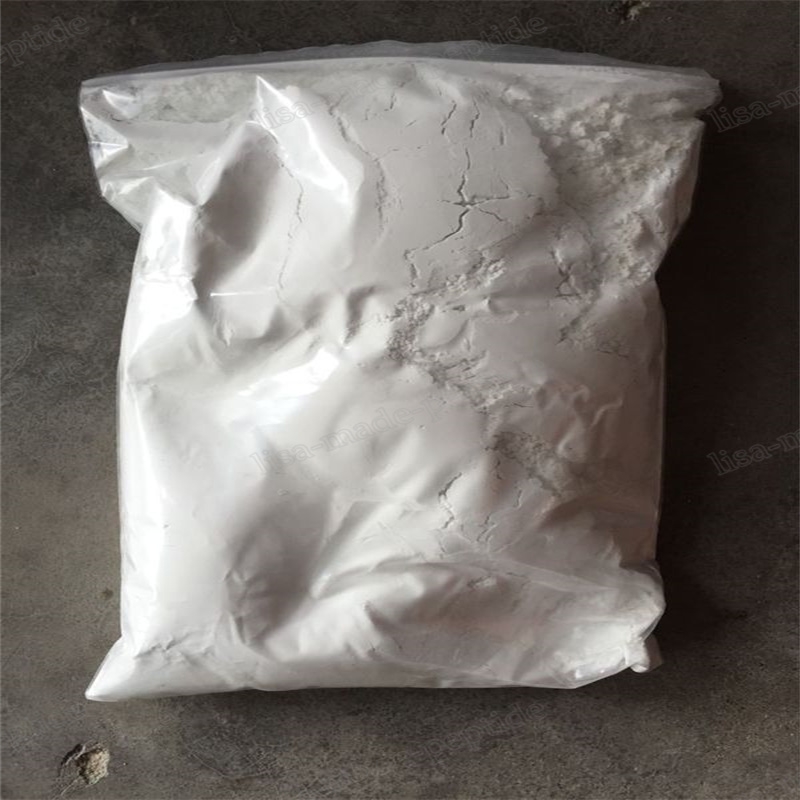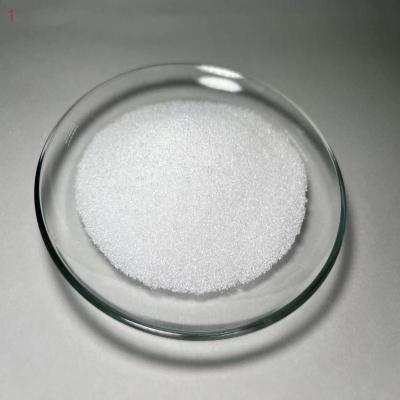-
Categories
-
Pharmaceutical Intermediates
-
Active Pharmaceutical Ingredients
-
Food Additives
- Industrial Coatings
- Agrochemicals
- Dyes and Pigments
- Surfactant
- Flavors and Fragrances
- Chemical Reagents
- Catalyst and Auxiliary
- Natural Products
- Inorganic Chemistry
-
Organic Chemistry
-
Biochemical Engineering
- Analytical Chemistry
-
Cosmetic Ingredient
- Water Treatment Chemical
-
Pharmaceutical Intermediates
Promotion
ECHEMI Mall
Wholesale
Weekly Price
Exhibition
News
-
Trade Service
At 15:00 on February 1st, the key project of Sinopec, Baling Petrochemical's 50,000-ton SEBS construction project, the process flow was completed, and the start-up was successful at one time, achieving a "good start" for the Year of the Ox.
At 15:00 on February 1st, the key project of Sinopec, Baling Petrochemical's 50,000-ton SEBS construction project, the process flow was completed, and the start-up was successful at one time, achieving a "good start" for the Year of the Ox.
SEBS is a basic thermoplastic rubber material obtained by selective hydrogenation of a styrene/butadiene block copolymer with a specific structural design, where "S" stands for polystyrene structure, and "E" stands for polybutadiene segment 1,4 -Polyethylene structure formed by hydrogenation of the polymer structure, "B" represents the polybutene-1 structure formed by hydrogenation of the 1,2-polymer structure of the polybutadiene segment.
In March 2006, Baling Petrochemical used a complete set of process technology with completely independent intellectual property rights to build the first domestic 10,000-ton SEBS industrial plant, filling the domestic gap.
At the end of August 2018, Baling Petrochemical once again used this technology to start construction of an SEBS plant with an annual output of 50,000 tons, which mainly includes 11 units of solvent refining, polymerization, coagulation, hydrogenation, tank farm and post-processing.
In December 2020, the project is approaching the commissioning test, the central control room and the project site are brightly lit, and each system enters the joint debugging and sprint stage.
"After the project is put into production, Baling Petrochemical's green and environmentally friendly thermoplastic rubber SEBS, SBS, SIS, SEPS, SSBR and other series of products will have a total annual production capacity of 380,000 tons, ranking second in the world for similar products and first in Asia.
From 2006 to December 2020, Baling Petrochemical has produced and sold a total of 602,500 tons of SEBS products, with a domestic market share of nearly 60%, of which more than 62,000 tons have been exported to Europe, the United States and other regions.
The successful development of the SEBS industrialization project broke the technical barriers of foreign countries, and the price was about 50% lower than that of imported products.
This provided a huge space for reducing costs and increasing efficiency for the majority of domestic SEBS users, enhancing the market competitiveness of SRBS-related application industries, and driving Thanks to the rapid development of the domestic thermoplastic rubber industry, the economic and social benefits are significant.







